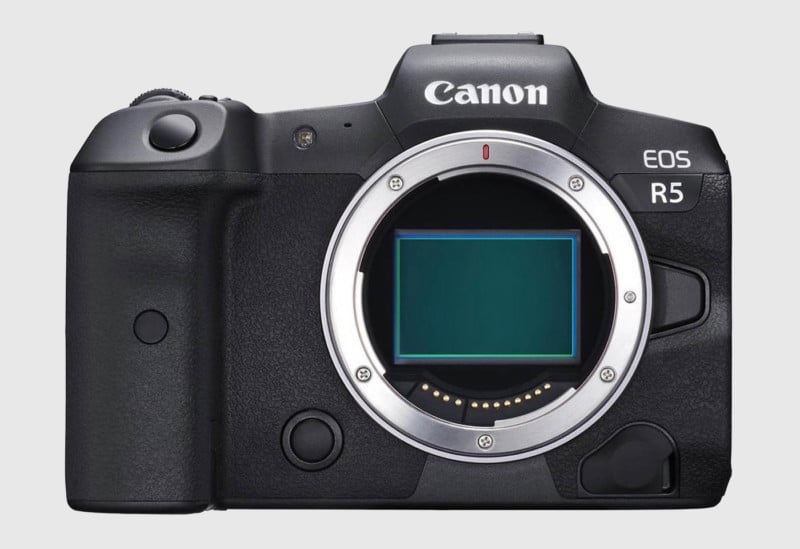My Strange Ongoing Troubles with the Canon R5
![]()
I’ve been a Canon shooter since I moved into digital about 15 years ago. I had been using Mamiya and Minolta cameras with film and at that time the Canon 50D came out and I decided to give it a go. Since then I worked my way through the 5D lineup to the 5D Mark III and built up a collection of glass that has served me well.

I was initially thrilled with the Canon R5. The additional megapixels were great and the autofocus blew my mind. I was also happy with the expanded dynamic range (about a stop I think) and a more ‘film grain’ look to the noise, when shooting high ISO. The color noise (chroma noise) in the other Canon cameras was rather hideous!
I did notice the camera seemed to run through batteries much faster than I had expected. I didn’t worry about it too much, this was my first mirrorless camera and I heard they can be hard on batteries and I chalked it up to that. In hindsight, I should have looked closer at the shutter count between battery changes. Because this was a sign of upcoming problems.
After having the camera for 13 months, and despite what I would consider light use, it died. Less than one month after the warranty expired. I sent it to Canon for repairs and found the motherboard failed. Thankfully Canon Canada offered to extend the warranty to cover the repair. I received the camera back a week later, unpacked it, tried to power it up, and… nothing. It wouldn’t come on.
As always, I tried several batteries, ensuring they were fully charged and after numerous attempts, it did come on. I informed Canon via email of the issue and my contact said he will look into it. I later took it along on some sessions and used it at times. Then I began having the same issues and eventually it died again.
I sent it back to Canon Canada for a second time and a week later I got a call from a rep who said they can’t find anything wrong with it. I didn’t know what to say. He did say it might be my EF to RF lens adapter (I only have EF glass at present).

I’ve had two careers, one as a part-time professional photographer and the other working in the electronics engineering section of the Canadian Coast Guard, and I’ve spent my whole life working with or repairing defective electronic equipment. One thing this has taught me is that when troubleshooting, strip the equipment down to its most basic configuration. That’s where you begin. Kind of like an Occam’s Razor approach; shave away the layers and go with the simplest setup.
I would remove lenses, lens adapters, and cards and try the body with one battery and troubleshoot from there. This is what I did before I sent it the second time. Just the body and a battery, and it wouldn’t come on.
When I received the camera back the second time I recorded a video to have a record of how it went. I went through some troubleshooting steps to see if I could find out what was going on and I think I may have finally solved, or at least found, the root of the problem. It turns out I’ve been dealing with a faulty camera body and a faulty EF-RF lens adapter (with control ring).
It appears the Canon lens adapter was causing some issues with the camera body and now it no longer comes on at all with this adapter attached. And even when I remove the lens adapter, the camera body will still not power on unless I remove the battery and put it back in. So with a bare body (no lens adapter or anything else attached) after the lens adapter is removed the camera will not power on until I reseat the battery.
I would like to add that over the last 15 years, I’ve had no problems with my other Canon cameras other than some wear and tear. Canon cameras are very durable and well-built. For now, I think I may finally know what the problem is with the R5. I need to get a new lens converter and hope that does it this time. Maybe then I will have a Canon R5 I can trust to use on a job!
About the author: Brian Carey is a photographer based in St John’s, Newfoundland, Canada. The opinions expressed in this article are solely those of the author. You can find more of Carey’s work on his website, Facebook, and Twitter.